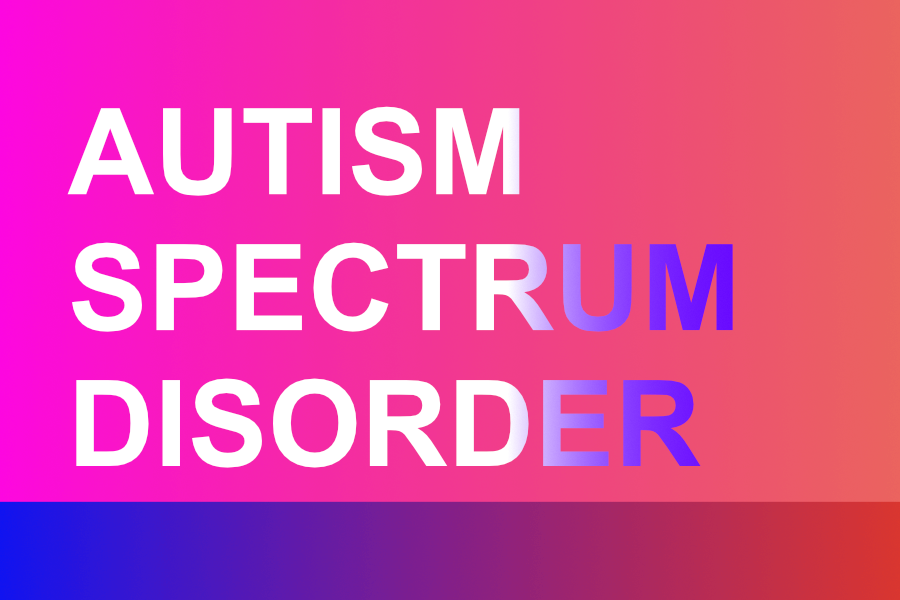Learn about Anger
Anger as a psychological issue
It is important to recognise that anger is not necessarily a mental health problem. Everyone experiences the emotion sometimes. It is often a response to mistreatment or abuse. When used in a positive way it can help us drive change, such as refusing to accept mistreatment or stopping a harmful situation. But anger can become a mental health issue if it becomes disordered. If you become angry at very minor triggers, have little ability to control it or express it in harmful ways like physical aggression, self-harm or passive aggression then your anger may be disordered and you might benefit from help to control it.
What causes disordered anger?
Anger is usually caused by feeling threatened, disrespected, invalidated or otherwise mistreated. If these things are happening then appropriately controlled anger is a valid emotion. Anger is disordered where it is not a proportionate response to a situation or we cannot control ourselves during it (e.g. becoming physically aggressive). So why do some people have disordered anger?
For many people, they learn disordered anger throughout their lives. Growing up, if our needs and fears weren’t taken seriously we become afraid that our needs won’t be met. This causes us to not express ourselves well as we see no point in doing so. These bottled up emotions may come out as anger which gets more attention from people. This may subconsciously teach us that we need anger to have our needs met so anger becomes our default emotional response. As this beds in we start to find it harder to control the anger and it becomes disordered. We make the faulty assumption that we must be angry at and control people or we will never have our needs met.
Another way is social learning. If we grow up in environments where anger is often displayed we learn it as the “right” emotional response. We don’t develop healthy coping styles or ways to express ourselves. In these circumstances a person might not know any other way to express themselves. Finally, a person with a history of neglect or mistreatment make may the faulty assumption that people are out to get them so may over-monitor for mistreatment. This causes them to misinterpret situations so they become angry more easily.
Treatment for disordered anger
As we can see, disordered anger is often based on inaccurate thinking, such as assuming we ill be mistreated, thinking it is the only way to express ourselves or get our needs met. A therapist might be able to help you challenge this. Importantly, they will not be telling you that you are wrong to have felt what you did, at one point in life you may have needed anger to express yourself or kept yourself safe. But we now recognise that you will be happier and have closer social relationships by learning a new way to cope and express yourself. We will look at what your messages are and support you to reconsider inaccurate beliefs and try new strategies for self-expression. These will all be based on making the changes you want to see to feel happier, safer and more secure.
More details about anger
See nhsinform.scot
Please feel free to contact us if you have any questions about the psychological therapies we offer at our facilities that could be able to help with anger-related problems.
Trusted & Private Therapy
Our therapy and counselling services extend to both adults and children. We can work on an individual one to one basis, with couples, families and also groups. We provide a safe space in which you can share your problems as you gain a greater understanding of them. We help you to find ways in which you can either resolve or manage these issues better.
Glossary of Conditions

Anxiety
Anxiety refers to thoughts, feelings and physical sensations of worry or feeling under threat. Feeling like you are struggling to breathe or living your day-to-day life you may benefit from therapy.

Binge Eating Disorder
Binge-eating disorder is a disorder where a person eats a large amount of food in a short space of time. They may not be hungry when doing this, often resulting in physical discomfort.

Depression
Depression is a disorder involving a prolonged period of low mood and it affects people differently. Depression is more than just feeling sad it is a prolonged change in mood.

OCD
Obsessive-compulsive disorder is characterised by recurrent persistent thoughts that cause distress until the person performs ritualised behaviour.

Panic Disorder
Panic Disorder is an anxiety disorder and it occurs when you have a surge of intense fear that strikes suddenly and repeatedly without warning.

PTSD
Post traumatic stress disorder develops after having or witnessing a traumatic experience. This could be an accident, an assault or some forms of abuse.

Anger
It is important to recognise that anger is not necessarily a mental health problem. Everyone experiences the emotion sometimes. It is often a response to mistreatment or abuse.

Generalised Anxiety Disorder
Generalized anxiety disorder, or GAD, is a mental illness. It belongs to a group of illnesses called anxiety disorders.

Anorexia Nervosa
Anorexia nervosa involves a reduced food intake, below a person’s medical needs. Their mind will be very focused on eating habits to change your bodies size and shape.

Autism Spectrum Disorders
Autism spectrum disorders (ASD) are a set of conditions that influence the way a person takes in information. People with ASD’s can experience difficulties in communication.

Borderline Personality Disorder
Those who have Borderline Personality Disorder (BPD) suffer from recurrent, uncontrollable and difficult changes in mood.

Antisocial Personality Disorder
Those who have antisocial personality disorder display impulsive, irresponsible and risk-taking behaviour.

ADHD
Attention deficit hyperactivity disorder is a neurodevelopmental disorder often first recognised in childhood but it can be lifelong.